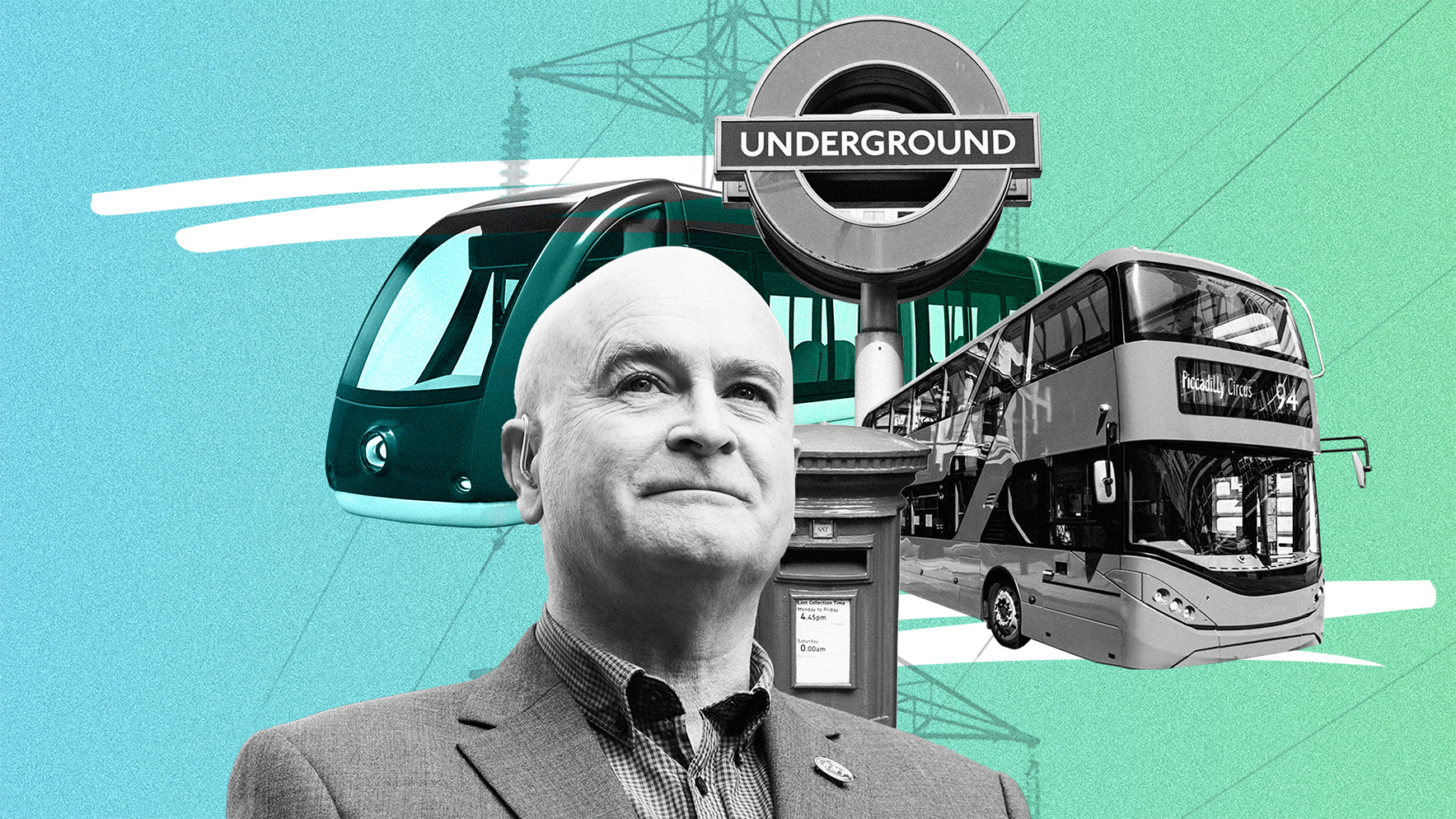2022: the year we went on strike
Public support for strikes has not been this high for generations — a once-in-a-lifetime assault on living standards has finally stirred the British public’s inner rebelliousness
By Simon Childs

While the French strike at the drop of a chapeau and love to kick aristocratic heads up and down the Champs-Élysées, the English drink cups of tea and get on with things, or so the stereotypes go. Although this image can be called into question with historical insurrections — the diggers, the Levellers, the miners’ strike and so on — there’s a definite sense that for the past few decades we have been a nation of subs who love to be dommed by our plutocratic political class.
2022 is surely the year that put a serious dent in this narrative. A once-in-a-lifetime assault on living standards has finally stirred the British public’s inner rebelliousness.
As railway workers took strike action in July, a BBC news crew took to the stations presumably expecting to hear from passengers fuming at missing their trains, a classic vox-pop trope. Instead, they found that people were overwhelmingly supportive. The general sense that the strike was being supported was upheld by the data. A poll taken on 28 June found that 45 per cent of people supported strike action, compared to 37 per cent who opposed it. The week before, polling had shown that the numbers were a mirror image — only 37 per cent were supportive while 45 per cent opposed. Britain’s privatised railways are to commuters what fleas are to a dog, which probably helped the workers in the PR war against their bosses. But the obvious fact is that there was a good deal of sympathy for strikers because members of the public feeling the financial pinch could easily relate to people taking action over falling wages.
“A once-in-a-lifetime assault on living standards has finally stirred the British public’s inner rebelliousness”
The media hadn’t got the memo, though. RMT General Secretary Mick Lynch became a household name as he took to the airwaves and journalists used a playbook that completely jarred with the zeitgeist — that of the evil union “baron” using his members as pawns in a deranged and unnecessary show of militancy. Piers Morgan memorably pointed out that Lynch’s Facebook profile picture is of The Hood from Thunderbirds — “the world’s most dangerous man”, who, with his bald pate and bushy eyebrows bears a vague resemblance to the union leader. All it seemed to prove was Morgan’s increasing irrelevance and that Lynch has a sense of humour.
But it wasn’t just Lynch and the RMT. As energy bills sky-rocketed and companies made record profits, polling showed that a majority of people were in favour of non-payment, prompted by the Don’t Pay UK campaign. This was despite a Daily Mail hatchet job headlined, ‘Don’t Pay UK is organised by middle-class Corbynista rabble determined to “break the system.”’ Strikes don’t always need public sympathy to win. A strike is simply a collective withdrawal of labour in order to exert power in the workplace. The RMT is one of the UK’s most powerful unions because its members can literally stop the trains if you try to fuck with their retirement plan, not because everyone likes them for it.
Perhaps public support for strikers gives us an idea of just how bad things have got, rather than indicating a deep change in the public psyche. Nevertheless, British people having their train journeys cancelled by a mob of angry workers and responding with a collective “fair enough” — that surely counts as a major vibe shift.
Taken from the December/January 2023 issue of Rolling Stone UK. Read the rest of our essays reviewing 2022 here.
